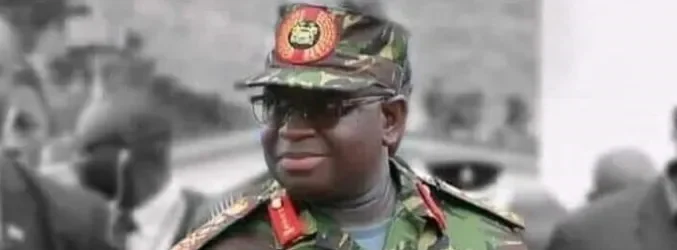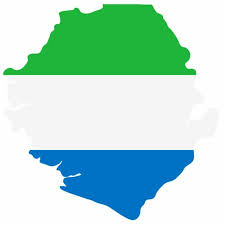By Sulaiman Aruna Sesay
Sierra Leone has been the cradle of political turmoil and instability characterized by civil war, political violence, and recurring coups since gaining independence in 1961. The country has made some progress towards democracy since the end of the civil war in 2002, and in recent years, the government has made significant gains in consolidating democratic rule. But still, democracy in Sierra Leone is still facing immense threats, including corruption, lack of political will, and erosion of the rule of law.
One of the significant challenges to Sierra Leone’s fledgling democracy is corruption. Corruption undermines the fundamental principles of democracy such as free and fair elections, public accountability, and the rule of law. The country has been consistently ranked as one of the most corrupt in the world. The government’s inability to enact meaningful anti-corruption policies has emboldened corrupt officials to engage in abuse of power, embezzlement of public funds, and nepotism, which undermines trust in the democratic process. This can be seen in the recently concluded presidential elections, where allegations of vote buying, bribery, and intimidation were rampant and undermined the credibility of the electoral process.
Another serious threat to Sierra Leone’s democracy is the lack of political will to strengthen democratic institutions and processes. The government is often reluctant to uphold the rule of law when it comes to prosecuting high-profile cases of corruption and human rights abuses. This reluctance leaves the judiciary exposed to political manipulation, resulting in impunity and lack of accountability. The government frequently stifles the freedom of the press and dissent, crucial pillars of democratic governance. Journalists and political activists are harassed, intimidated, and arrested, which undermines the country’s democratic credentials.
The erosion of the rule of law is a severe threat to Sierra Leone’s democracy. The weak and often compromised judicial system allows for the arbitrary application of justice and abuse of power. High profile cases are often determined by political interests rather than the law, and the courts are frequently used to settle political scores rather than ensure justice. This has created a culture of impunity, where individuals and institutions feel that they are above the law, leading to a lack of trust in the judicial system and the democratic process.
Sierra Leone’s democracy is at stake due to many factors, including corruption, lack of political will, and erosion of the rule of law. The government must take bold steps to address these threats and create a conducive environment for the democratic process to thrive. This includes developing and implementing effective anti-corruption policies, prioritizing judicial reform, and promoting the freedom of the media and civil society. By doing so, Sierra Leone can build a robust and resilient democracy that serves the best interests of its citizens and helps to build a better future for the country.













